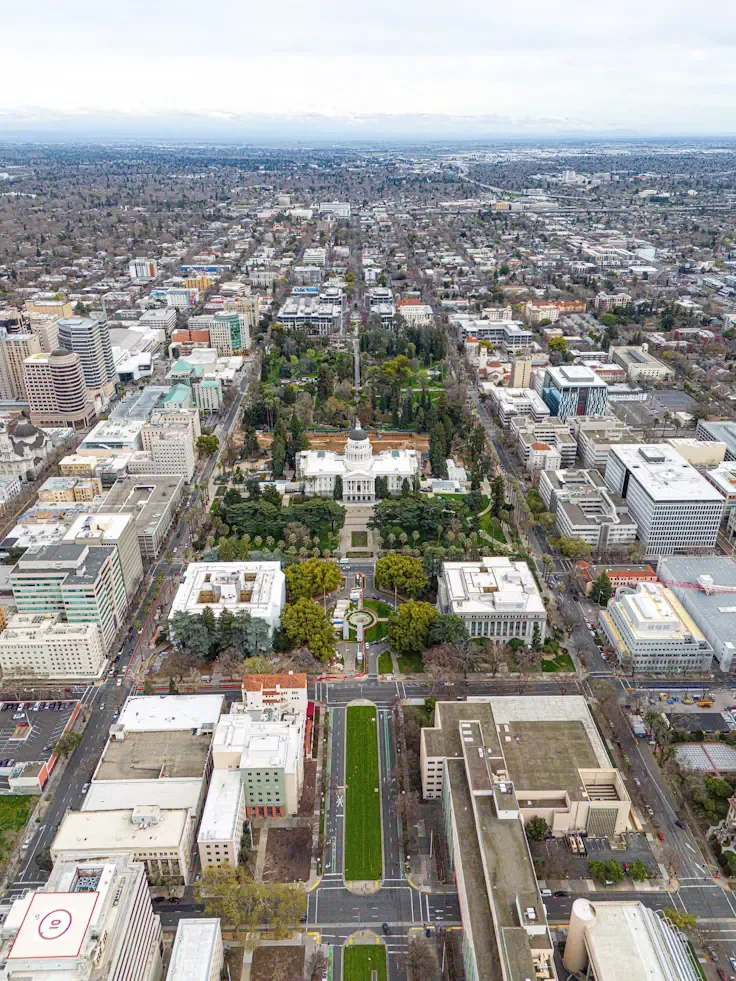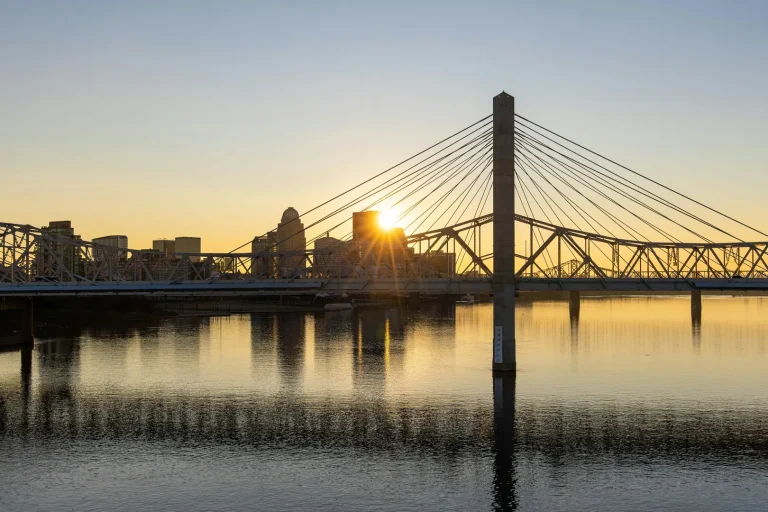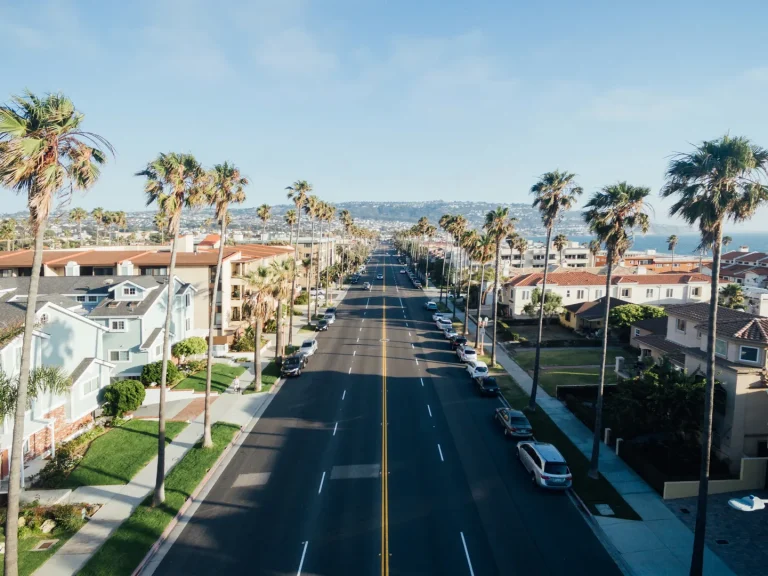Portland
Portland, the largest city in Oregon, is known for its vibrant culture, progressive values, and stunning natural beauty. As the heart of Multnomah County, Portland serves as a hub for various social, economic, and environmental initiatives. Understanding the city’s governance is crucial for residents who wish to engage in community affairs and contribute to local decision-making processes.
Government Structure
The City of Portland operates under a commission form of government, which is characterized by a mayor and a city council that collectively oversees the city’s administration. Here’s a breakdown of the key components of Portland’s government structure:
- Mayor: The mayor serves as the chief executive officer of the city, responsible for overseeing city operations, proposing budgets, and setting policy direction.
- City Council: Composed of the mayor and four commissioners, the city council is responsible for enacting laws and ordinances that govern the city. Each commissioner manages specific departments, such as housing, public safety, and transportation.
- City Bureau: Various city bureaus operate under the city council, each focusing on specific areas such as parks, environmental services, and public utilities.
Role of Civic Engagement
Civic engagement is a fundamental aspect of Portland’s governance. Residents are encouraged to participate in the decision-making process through various avenues:
- Public Meetings: The city regularly holds public meetings where residents can voice their opinions on proposed policies, budgets, and projects.
- Advisory Committees: Various committees and boards are established to advise the city council on specific issues, providing a platform for community input.
- Online Platforms: Portland’s government utilizes online platforms to engage with citizens, including livestreams of council meetings and public forums for discussion.
Importance of Local Governance
Local governance in Portland plays a crucial role in shaping the city’s future. The decisions made at the city council level impact daily life for residents, affecting everything from public safety and infrastructure to housing and environmental policies.
Here are several ways local governance influences Portland:
- Public Safety: The city council oversees the funding and policies for the Portland Police Bureau and fire services, directly impacting community safety and emergency response.
- Transportation: Decisions regarding public transportation, road maintenance, and bike lanes fall under the council’s jurisdiction, influencing how residents navigate the city.
- Affordable Housing: With rising living costs, the city is actively engaged in creating policies that support affordable housing initiatives and address homelessness.
- Environmental Sustainability: Portland is known for its commitment to sustainability. The city council implements policies aimed at reducing carbon emissions and preserving natural resources.
Accessing Government Meetings
For residents and interested parties, accessing government meetings is essential for staying informed about local issues. Portland provides several ways to engage with city council activities:
- Livestreaming: The city council meetings are often livestreamed, allowing residents to watch discussions and decisions in real time.
- Meeting Archives: Recordings of past meetings are available online, providing a resource for those who wish to revisit discussions or catch up on missed sessions.
- Public Testimony: Residents can provide public testimony during meetings, allowing them to express their views on various topics directly to council members.
Conclusion
Portland’s commitment to civic engagement and local governance fosters a community-oriented environment, encouraging residents to participate actively in shaping their city. Understanding the structure, processes, and implications of local government is essential for anyone looking to contribute to Portland’s ongoing development. By attending meetings, engaging in discussions, and staying informed, residents can play a vital role in the future of their city.






